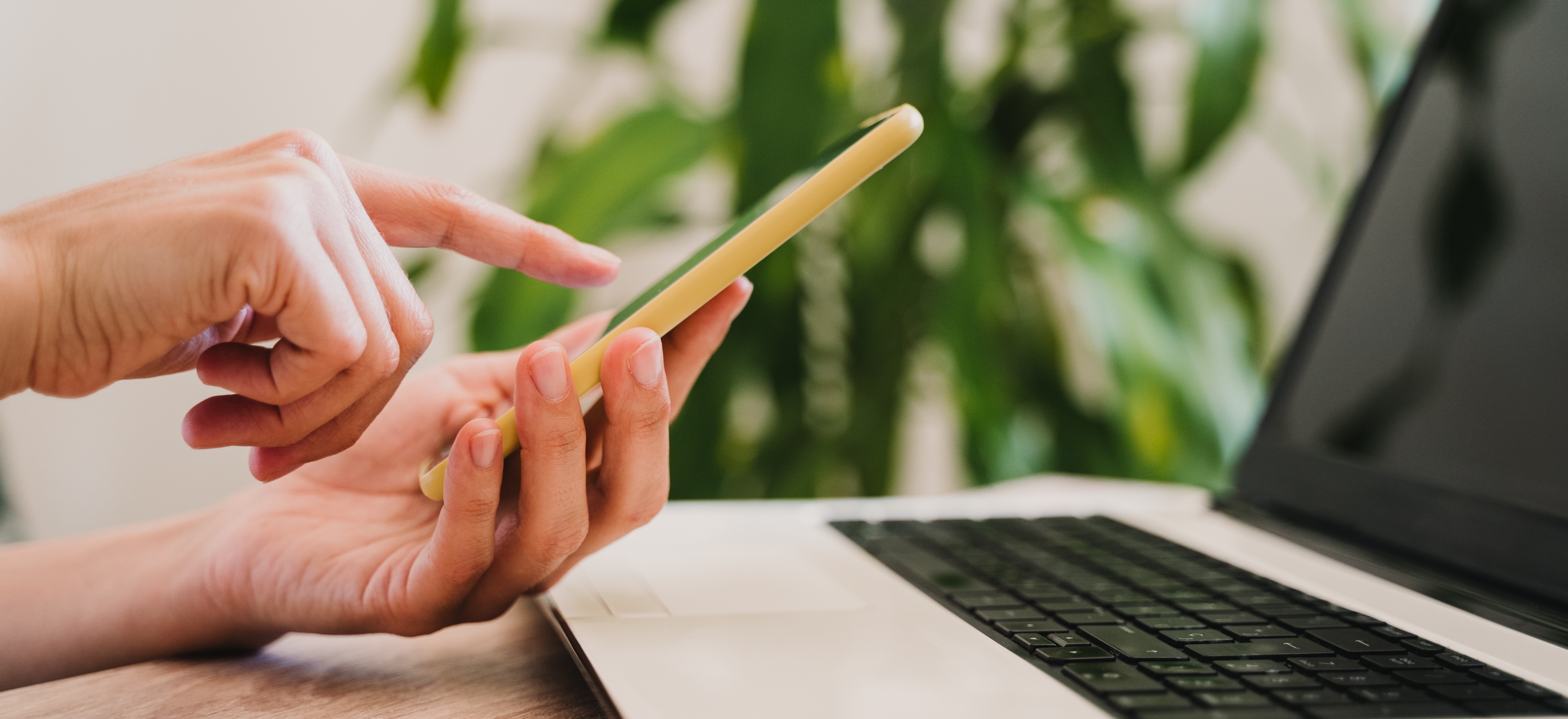When you’re running a small business or working as a freelancer, chances are you’ll deal with a variety of suppliers: designers, web developers, copywriters, consultants, and many others. Some will be VAT registered, while others won’t.
Knowing the difference and understanding how VAT works when paying someone who is not VAT registered is crucial. It keeps your records accurate, prevents errors on your VAT return, and helps you stay compliant with HMRC’s rules.
In this guide, we'll walk you through everything you need to know about handling invoices from non-VAT registered suppliers. We'll cover what their invoices should (and absolutely shouldn't) include, what you need to do when recording them in your accounts, and how to spot the red flags that could save you from an expensive mistake down the line.
What does it mean when a supplier isn’t VAT registered?
If a supplier isn’t VAT registered, it means they haven’t reached the VAT registration threshold, currently £90,000 of taxable turnover in a 12-month period (as of 2025).
Businesses below this threshold aren’t required to register for VAT, although some choose to register voluntarily if they deal mostly with other VAT-registered businesses and want to reclaim VAT on their own expenses.
Here’s the key thing to remember: A business that’s not VAT registered cannot legally charge VAT on its sales or services. This means that any invoice they issue should show only the net amount, no VAT added.
{{self-employed-tax-calculator}}
What should a non-VAT registered supplier’s invoice include?
Even though non-VAT registered suppliers can’t charge VAT, they’re still required to issue valid invoices for the goods or services they supply.
A proper invoice from a non-VAT registered business should include:
- The supplier’s name, address, and contact details
- The customer’s name and address (that’s you)
- A unique invoice number (each invoice must have its own number)
- The invoice date and, if different, the supply date (when the goods or services were delivered)
- A description of what was supplied. Be as clear and specific as possible
- The amount due and payment terms (e.g. “Payment due within 14 days”)
Since they aren’t VAT registered, their invoice should not:
- Include a VAT registration number (because they don’t have one)
- Show any VAT being charged or a breakdown of VAT rates
It’s good practice for them to add a line such as: “Supplier not VAT registered – no VAT has been charged.” That simple note helps avoid confusion for your accountant or when you’re reviewing your records later.
Can you reclaim VAT from a non-VAT registered supplier?
In short: no. Because non-VAT registered suppliers don’t charge VAT, there’s nothing to reclaim.
On your VAT return, you can only reclaim input tax (the VAT you’ve paid on goods and services purchased for business use) from suppliers who are themselves VAT registered.
So if you buy something from a non-VAT registered business, it simply counts as a normal expense, not a VAT-inclusive one.
What if a supplier mistakenly adds VAT?
This can happen more often than you might expect, especially with new freelancers or small business owners who aren’t yet familiar with VAT rules.
If a non-VAT registered supplier issues an invoice that includes VAT, for example, a £500 service plus £100 VAT. you should not pay the VAT amount.
Here’s what to do:
- Check whether they’ve included a VAT registration number on the invoice.
- Look up the number on HMRC’s VAT number checker if you’re unsure.
- If they aren’t VAT registered, contact them and explain that they need to remove the VAT line and reissue the invoice.
Only VAT-registered businesses can legally charge VAT. If a non-VAT registered supplier does so, even by mistake, they could face issues with HMRC.
Recording non-VAT supplier invoices in your accounts
When you record an expense or purchase from a non-VAT registered supplier in your accounting software (like Crunch), make sure you categorise it correctly.
This ensures that:
- The full amount is recorded as an expense
- No VAT is added to your VAT return
- Your figures stay accurate and HMRC-compliant
Doing this consistently avoids errors and makes preparing your VAT return much smoother.
What happens when a supplier becomes VAT registered?
If a supplier’s turnover grows and they cross the VAT threshold, they’ll be required to register for VAT and start charging it on their invoices.
They should notify you once they’ve registered, and future invoices will include:
- Their VAT registration number
- The VAT rate applied (usually 20%)
- The net amount, VAT amount, and total payable
At that point, if your business is VAT registered, you’ll be able to reclaim the VAT they charge on future invoices.
However, VAT registration only applies from the date the supplier registers (or is required to register). They cannot backdate and start charging VAT on earlier work.
{{crunch-free}}
Common mistakes to avoid
- Paying “VAT” to non-VAT registered suppliers. Always check their invoice for a VAT number before paying.
- Recording invoices with VAT by accident. Mark them correctly as “No VAT” in your accounting software.
- Assuming all suppliers charge VAT. Plenty of freelancers and sole traders don’t.
- Forgetting to update supplier details when they register for VAT. Ensure you update your accounting records once they start charging VAT.
The essentials
Working with non-VAT registered suppliers is completely normal, especially if you work with freelancers or small businesses.
Here’s a quick recap of the essentials:
- Non-VAT registered suppliers cannot charge VAT.
- Their invoices must not include a VAT number.
- You cannot reclaim VAT on their invoices.
- Record their invoices as non-VAT transactions in your accounts.
By double-checking invoices and keeping accurate records, you’ll stay compliant with HMRC and make your accountant’s life easier come VAT return time.
Need help managing VAT and supplier invoices?
Crunch is built to make VAT simple. It doesn't matter if you’re a sole trader or running a limited company, our software helps you record expenses correctly, handle VAT returns, and stay compliant without the stress.
If you’re unsure how to manage VAT, our expert accountants are always here to help, so you can focus on running your business, not worrying about VAT rules.

.svg)



.webp)









.avif)





